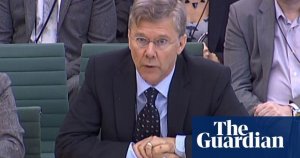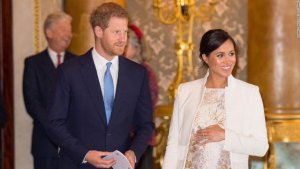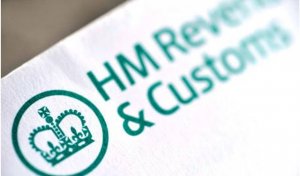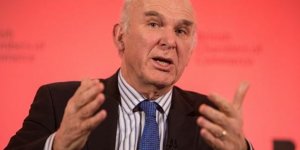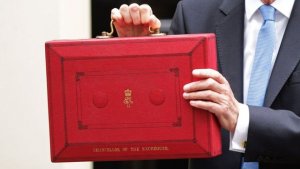- Private Wealth
- Tax & Estate Planning
- Trusts

Shorter Reads
Government to push ahead with 3,770% increase in probate fees for the wealthiest estates
1 minute read
Published 6 November 2018
Key information
- Services
- Private Wealth
- Tax & Estate Planning
- Trusts
Although the increase in probate fees to £6,000 for those estates worth more than £2,000,000 will understandably grab the headlines, the underlying policy contains more detail which should not be ignored.
Firstly it is worth remembering that this highest band is a significant reduction on the £20,000 band proposed in 2017. Secondly the government has confirmed that the threshold under which no fees are paid at all is being raised from £5,000 to £50,000. Although the government projects that about 80% of applicants will pay £750 or less, this is still a significant increase on the previous fee of £215 (or £155 for those applying through a solicitor).
However, many of the issues which were raised last year still remain. The greatest concern for a number of executors will be how to gain access to sufficient assets to pay the fee without a grant of probate. For those wealthy estates which pass entirely under the spouse exemption, liquidity has historically been less of an issue because no inheritance tax is due. Once the new rules are introduced however this will add an additional layer of complexity for executors to wrangle with.
Shorter Reads
Government to push ahead with 3,770% increase in probate fees for the wealthiest estates
Published 6 November 2018
Associated sectors / services
Authors
Although the increase in probate fees to £6,000 for those estates worth more than £2,000,000 will understandably grab the headlines, the underlying policy contains more detail which should not be ignored.
Firstly it is worth remembering that this highest band is a significant reduction on the £20,000 band proposed in 2017. Secondly the government has confirmed that the threshold under which no fees are paid at all is being raised from £5,000 to £50,000. Although the government projects that about 80% of applicants will pay £750 or less, this is still a significant increase on the previous fee of £215 (or £155 for those applying through a solicitor).
However, many of the issues which were raised last year still remain. The greatest concern for a number of executors will be how to gain access to sufficient assets to pay the fee without a grant of probate. For those wealthy estates which pass entirely under the spouse exemption, liquidity has historically been less of an issue because no inheritance tax is due. Once the new rules are introduced however this will add an additional layer of complexity for executors to wrangle with.
Associated sectors / services
- Private Wealth
- Tax & Estate Planning
- Trusts
Authors
Need some more information? Make an enquiry below.
Subscribe
Please add your details and your areas of interest below
Article contributor
Aidan
GrantSenior Associate
Specialising in International trusts, tax & estate planning, Private wealth, UK trusts, tax & estate planning and US/UK Tax & estate planning
Enjoy reading our articles? why not subscribe to notifications so you’ll never miss one?
Subscribe to our articlesMessage us on WhatsApp (calling not available)
Please note that Collyer Bristow provides this service during office hours for general information and enquiries only and that no legal or other professional advice will be provided over the WhatsApp platform. Please also note that if you choose to use this platform your personal data is likely to be processed outside the UK and EEA, including in the US. Appropriate legal or other professional opinion should be taken before taking or omitting to take any action in respect of any specific problem. Collyer Bristow LLP accepts no liability for any loss or damage which may arise from reliance on information provided. All information will be deleted immediately upon completion of a conversation.
Close


































